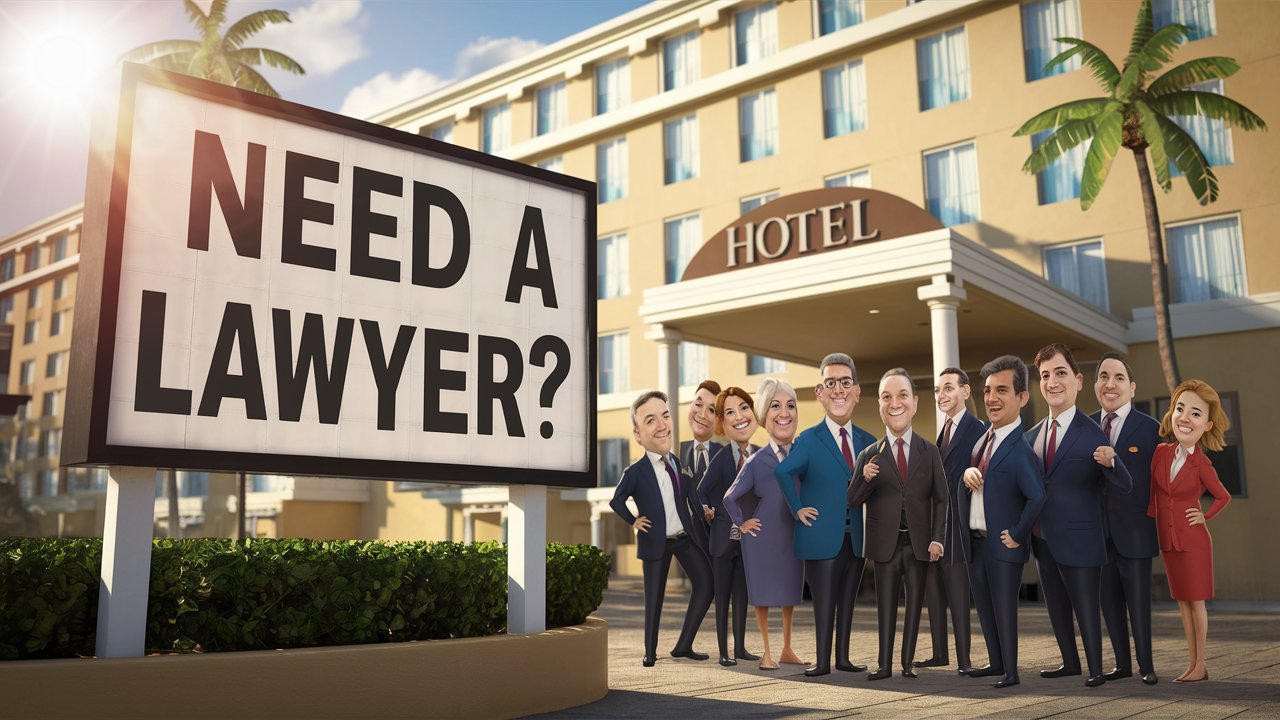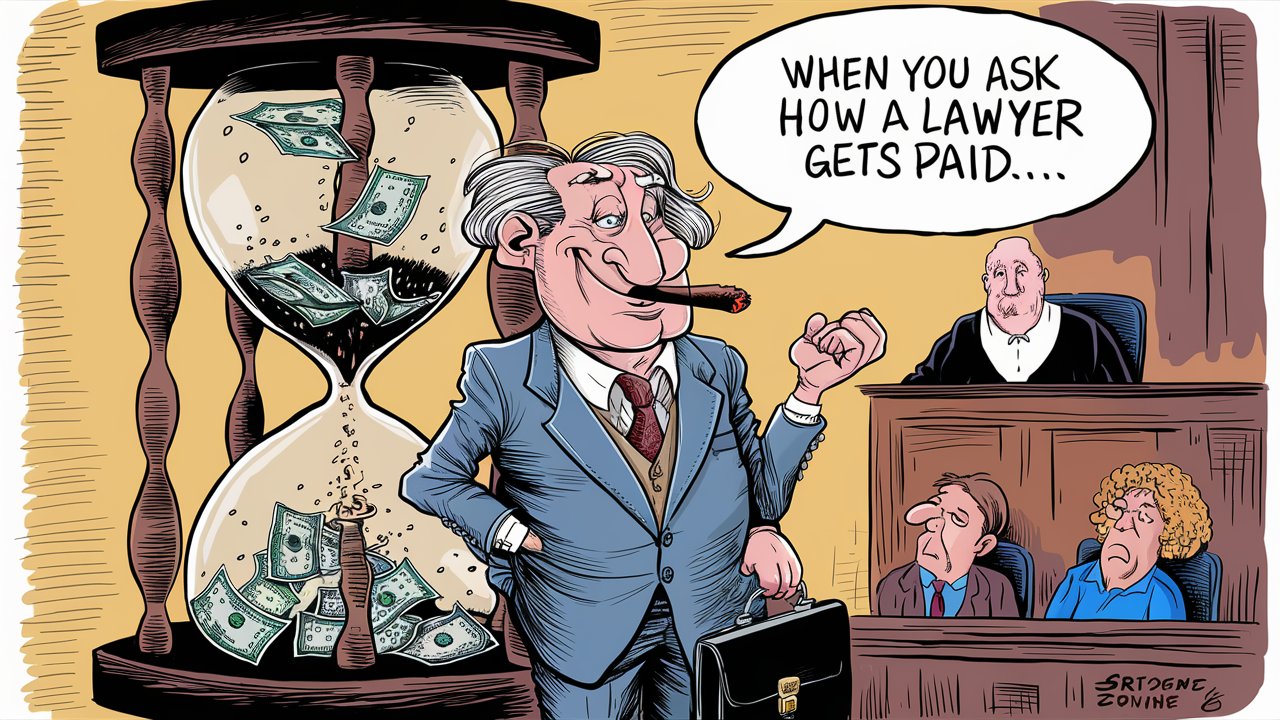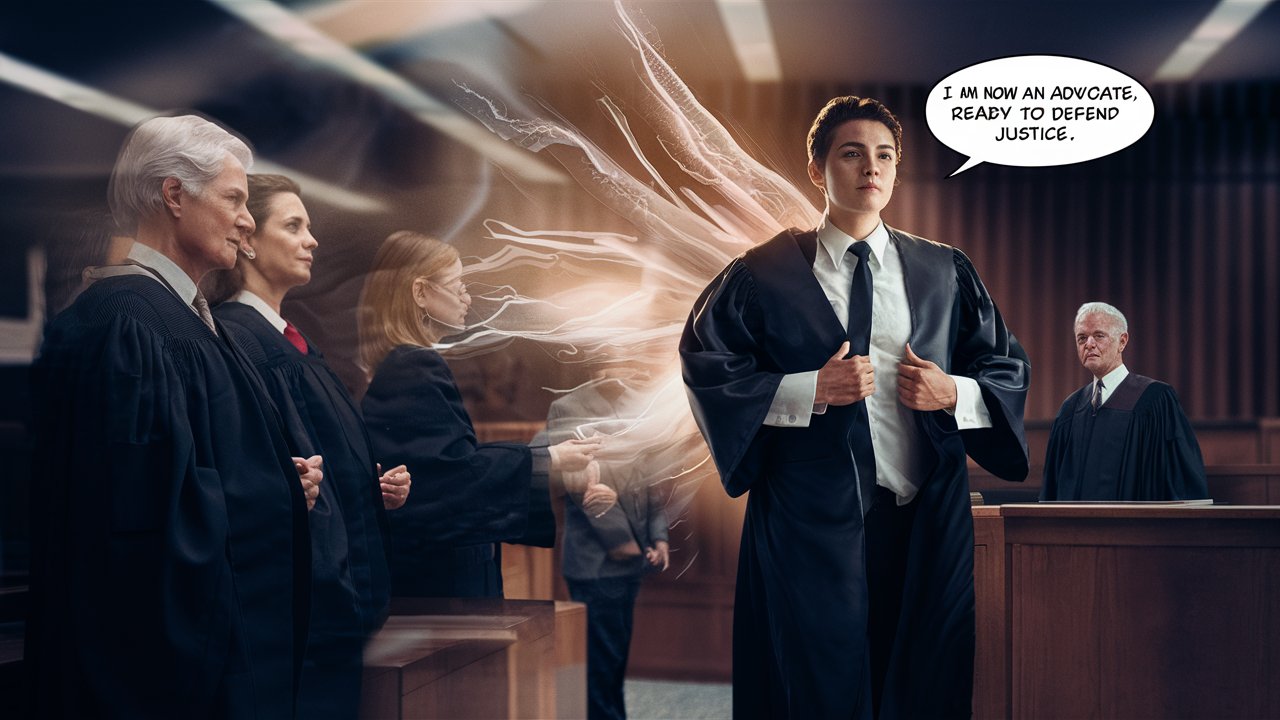Operating a hotel involves compliance with a myriad of laws and regulations. From property laws to employment regulations, hotels must adhere to legal standards to ensure smooth operations and avoid costly disputes.
2. Types of Lawyers Relevant to Hotels
General Counsel
General counsel lawyers provide broad legal advice and representation across various aspects of business operations, including compliance, contracts, and risk management.
Real Estate Lawyer
Real estate lawyers specialize in property law, handling matters related to property acquisition, leasing, zoning regulations, and property development.
Hospitality Lawyer
Hospitality lawyers focus specifically on legal issues within the hospitality industry, offering expertise in areas such as licensing, franchising, and compliance with industry-specific regulations.
Employment Lawyer
Employment lawyers assist hotels in navigating labor laws, drafting employment contracts, handling disputes, and ensuring compliance with regulations concerning wages, working conditions, and employee rights.
Intellectual Property Lawyer
Intellectual property lawyers help hotels protect their trademarks, copyrights, and patents. They also handle issues related to licensing agreements and intellectual property disputes.
Contract Lawyer
Contract lawyers draft, review, and negotiate contracts on behalf of hotels, ensuring that agreements are legally sound and in the best interest of the business.
Insurance Lawyer
Insurance lawyers specialize in insurance law, assisting hotels in understanding their insurance coverage, filing claims, and resolving disputes with insurers.
3. When to Seek Legal Assistance
Hotels should seek legal assistance whenever they encounter complex legal issues or require legal advice to mitigate risks. Whether it’s drafting contracts, resolving disputes, or ensuring compliance, consulting a lawyer early can prevent costly mistakes.
4. How to Choose the Right Lawyer
When selecting a lawyer for your hotel, consider their expertise, experience, reputation, and communication style. Choose a lawyer who understands the unique challenges of the hospitality industry and can provide tailored legal solutions.
5. Cost Considerations
Legal fees can vary depending on the complexity of the issue, the lawyer’s experience, and the location. It’s essential to discuss fees and billing structures upfront to avoid surprises and ensure cost-effective legal representation.

6. Common Legal Issues Faced by Hotels
Property Purchase or Lease
Navigating property transactions requires legal expertise to ensure that contracts are comprehensive and favorable to the hotel.
Employment Disputes
Hotels often face employment-related disputes, such as wrongful termination claims or wage disputes, which require skilled legal representation.
Guest Injury Claims
Hotels can be liable for guest injuries on their premises, necessitating legal counsel to navigate liability issues and insurance claims.
Contractual Disputes
Disputes may arise concerning contracts with vendors, suppliers, or service providers, requiring legal intervention to resolve conflicts and protect the hotel’s interests.
Intellectual Property Protection
Protecting trademarks, copyrights, and trade secrets is essential for safeguarding the hotel’s brand and innovations from infringement.
7. Importance of Legal Compliance in the Hotel Industry
Compliance with legal regulations is paramount for hotels to maintain their reputation, avoid penalties, and protect their business interests. Legal compliance ensures that hotels operate ethically and responsibly, contributing to long-term success.
8. Conclusion
Navigating the legal landscape of the hotel industry requires specialized expertise and proactive risk management. By understanding the types of lawyers essential for hotels, knowing when to seek legal assistance, and prioritizing legal compliance, hotel owners can protect their business interests and mitigate risks effectively.
9. FAQs (Frequently Asked Questions)
Q1. How can I find a reputable lawyer for my hotel?
Finding a reputable lawyer involves research, referrals, and interviews. Seek recommendations from other hoteliers or industry associations and schedule consultations to assess compatibility and expertise.
Q2. What should I consider when negotiating legal fees with a lawyer?
When negotiating legal fees, consider the lawyer’s hourly rate, retainer fees, and billing structure. Discuss cost-saving measures and ensure transparency regarding billing practices.
Q3. What steps can I take to prevent legal disputes in my hotel?
Preventing legal disputes involves proactive measures such as thorough contract drafting, employee training on compliance matters, and maintaining comprehensive insurance coverage.
Q4. How often should I review my hotel’s legal contracts and agreements?
Regularly reviewing legal contracts and agreements is advisable, especially when laws or business circumstances change. Annual reviews can help identify potential risks and update agreements accordingly.
Q5. What are the consequences of non-compliance with legal regulations in the hotel industry?
Non-compliance with legal regulations can result in fines, lawsuits, damage to reputation, and operational disruptions. Prioritizing legal compliance is essential for safeguarding the hotel’s viability and reputation.










